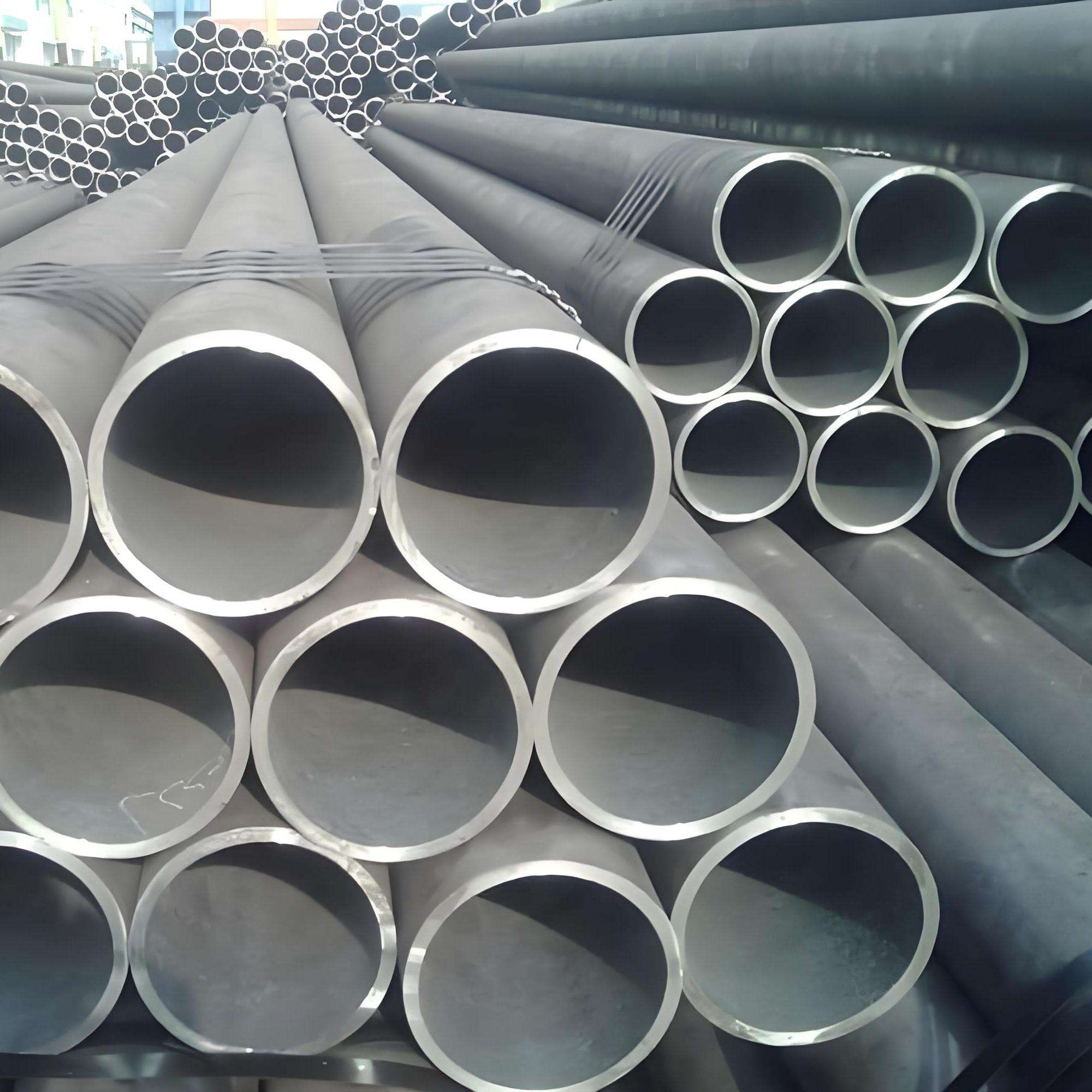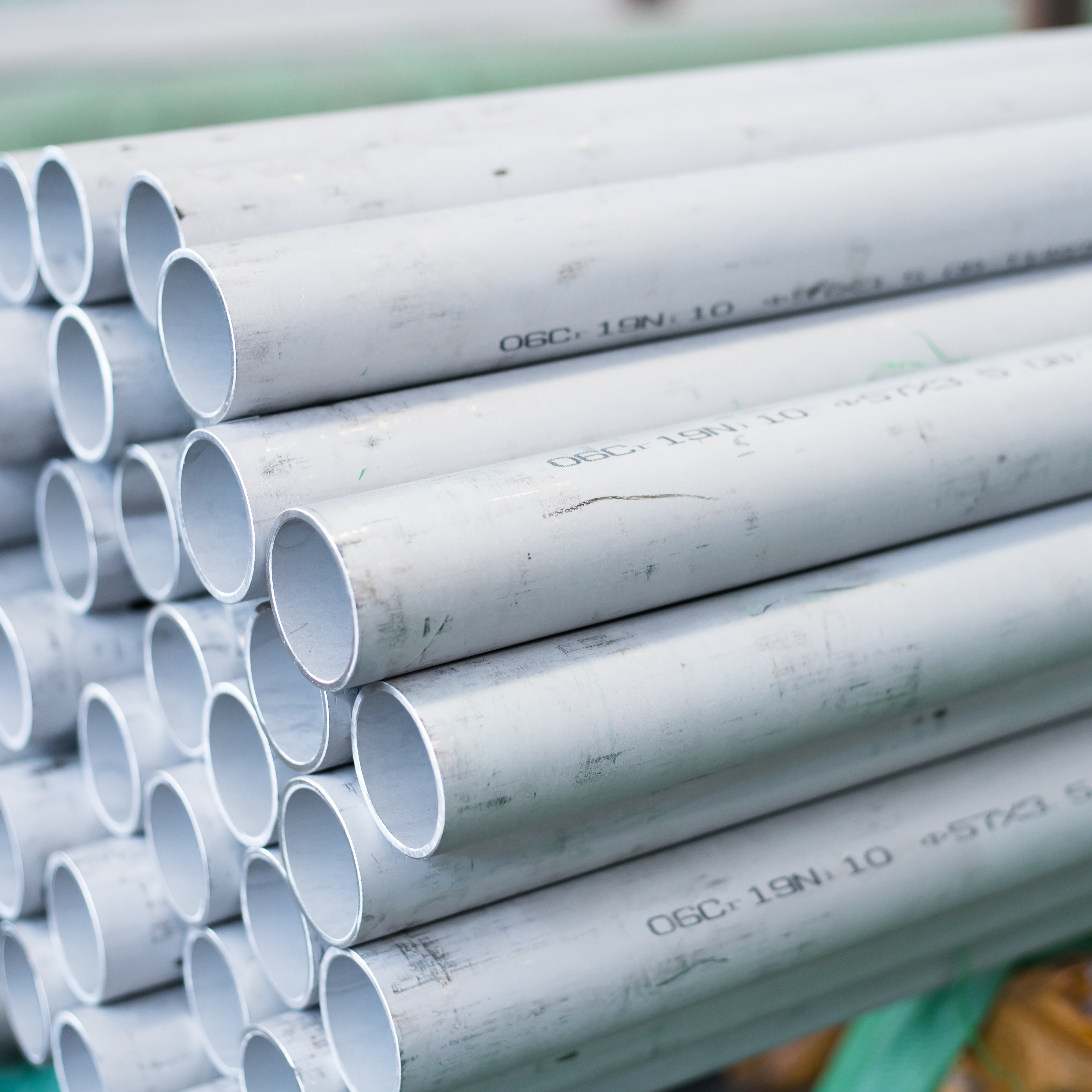ss 321 pipe
SS 321 pipe is a high-performance austenitic stainless steel product known for its exceptional resistance to intergranular corrosion and outstanding performance in high-temperature environments. This specialized pipe contains titanium as a stabilizing element, which prevents chromium carbide precipitation and maintains structural integrity at elevated temperatures up to 1500°F (815°C). The addition of titanium also enhances the pipe's weldability and ensures superior corrosion resistance in aggressive environments. SS 321 pipes are manufactured to precise specifications, featuring excellent mechanical properties, including high tensile strength, good ductility, and remarkable stress resistance. These pipes are widely utilized in critical applications across various industries, including chemical processing, aerospace, power generation, and oil refineries. Their non-magnetic properties and ability to maintain structural stability make them particularly valuable in heat exchanger systems, exhaust manifolds, and high-temperature fluid transport systems. The pipe's versatility is demonstrated through its availability in various sizes and specifications, allowing for customization according to specific industrial requirements.


